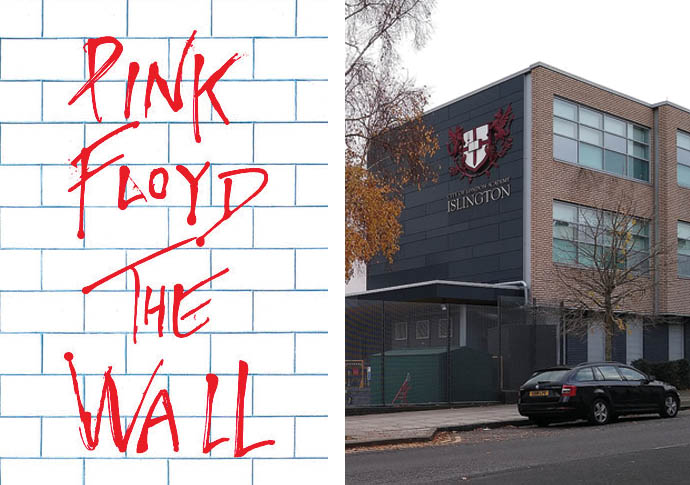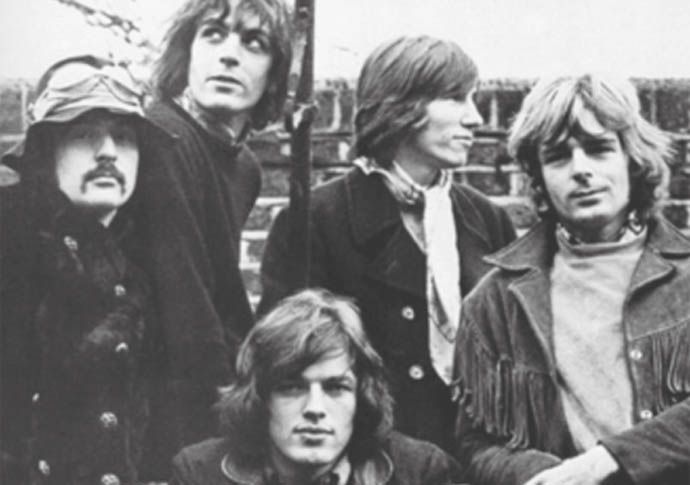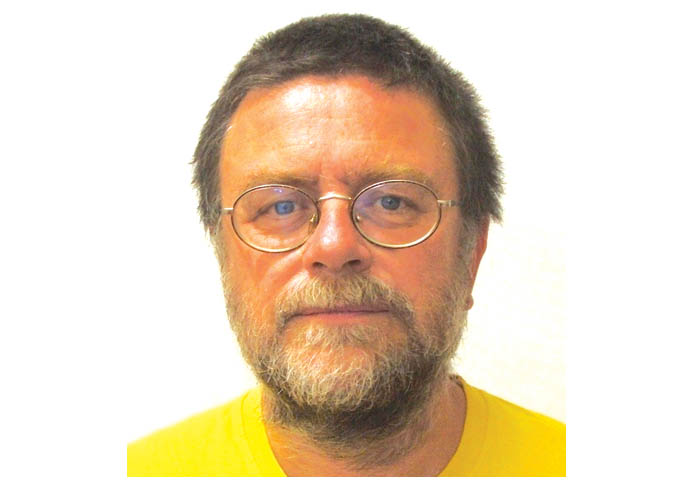Kids who ‘didn’t need no education’ enjoy yet another round of royalties
Pink Floyd’s 1979 hit provides a ‘Christmas bonus’
Friday, 13th January 2023 — By Anna Lamche

Pink Floyd’s The Wall and City of London Academy
FOR students who performed on Pink Floyd’s first and only chart-topping hit 43 single years ago, this time of year brings with it an unusual “Christmas bonus”.
On one fateful day in 1979 a group of students at Islington Green School – which is now the City of London Academy Islington – were selected to sing on Pink Floyd’s famous protest song, Another Brick in the Wall.
An anthem against the harsh disciplinarian principles of 1970s British education – including corporal punishment – the Islington Green pupils were tasked with singing the song’s chorus: “We don’t need no education / we don’t need no thought control / no dark sarcasm in the classroom / teacher leave us kids alone.”
The choir was selected by Alun Renshaw, a pioneering music teacher at the school, after he was approached by a sound engineer from Pink Floyd’s recording studios based nearby in Britannia Row. Afraid they would not be given permission to perform by the school’s headteacher, the group of roughly 20 students practised in secret for a week before slipping out to the studios to record the track.

Pink Floyd
Peter Rowan, the royalties expert who later helped the students win recognition for their part, told the Tribune: “The headmistress was furious it had all been done behind her back – the last thing she wanted was kids from her school to say ‘we don’t need no education’.”
After the track was released to widespread acclaim, Mr Rowan said the school’s headteacher even banned her students from giving interviews or appearing in the official music video for Top of the Pops.
At the time of recording, the names of the students who performed on the track were not noted down, and no photographs of the group were taken. Instead the Islington Green pupils were given tickets to a Pink Floyd gig at Earl’s Court as a “thank you” gesture, and their school was later presented with a cheque for £1,000.
Despite the song’s huge success – becoming the unlikely Christmas Number 1 in 1979 and remaining in pole position for five weeks – for many years after its release, none of the students received royalties for their contribution.
It was only many years later in 1997 that a change in the law meant session musicians were finally eligible to claim payouts for tracks they appear on.
Following the legislative change, Mr Rowan began tracking down the students, partly using the old Friends Reunited website.

Royalties expert Peter Rowan
He said claiming the royalties for them, however, was not as straightforward because there was no concrete evidence that the pupils had performed on the track. Instead, the licensing company responsible for the payments had to accept the word of Mr Renshaw, who testified to each student’s contribution.
There are now 20 former Islington Green pupils listed on the track, although not all of them will be claiming their payouts.
“There were one or two [former] pupils who didn’t want to claim the money. Whether they were afraid of the publicity or something else I don’t know,” Mr Rowan said.
While he said he cannot disclose exactly how much they earn from the song every year, he added: “It’s more than £5 or £10 a year but we’re not talking hundreds of thousands – it’s somewhere in between. It’s been a nice Christmas bonus, and the money keeps coming in every year,” he said.
A musician himself, Mr Rowan emphasised the importance that artists are recognised for their work: “If someone contributes to a successful record they shouldn’t just get their recording fee – they deserve royalties,” he said.